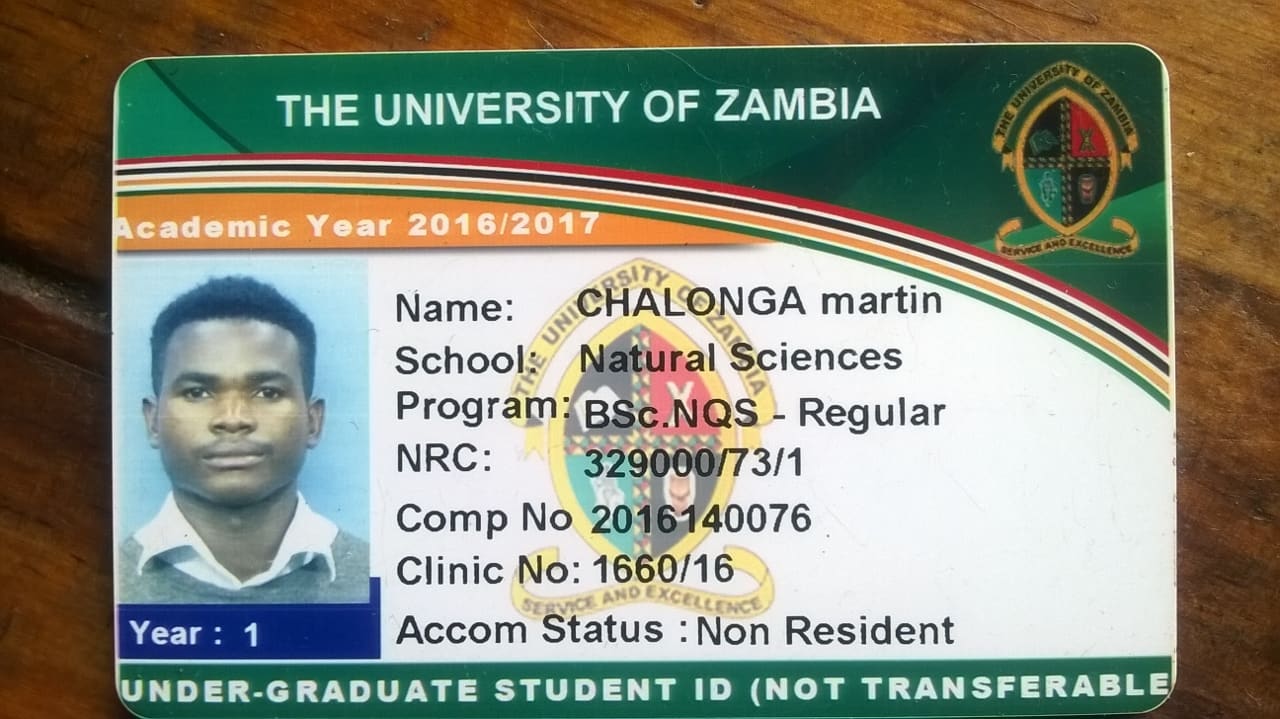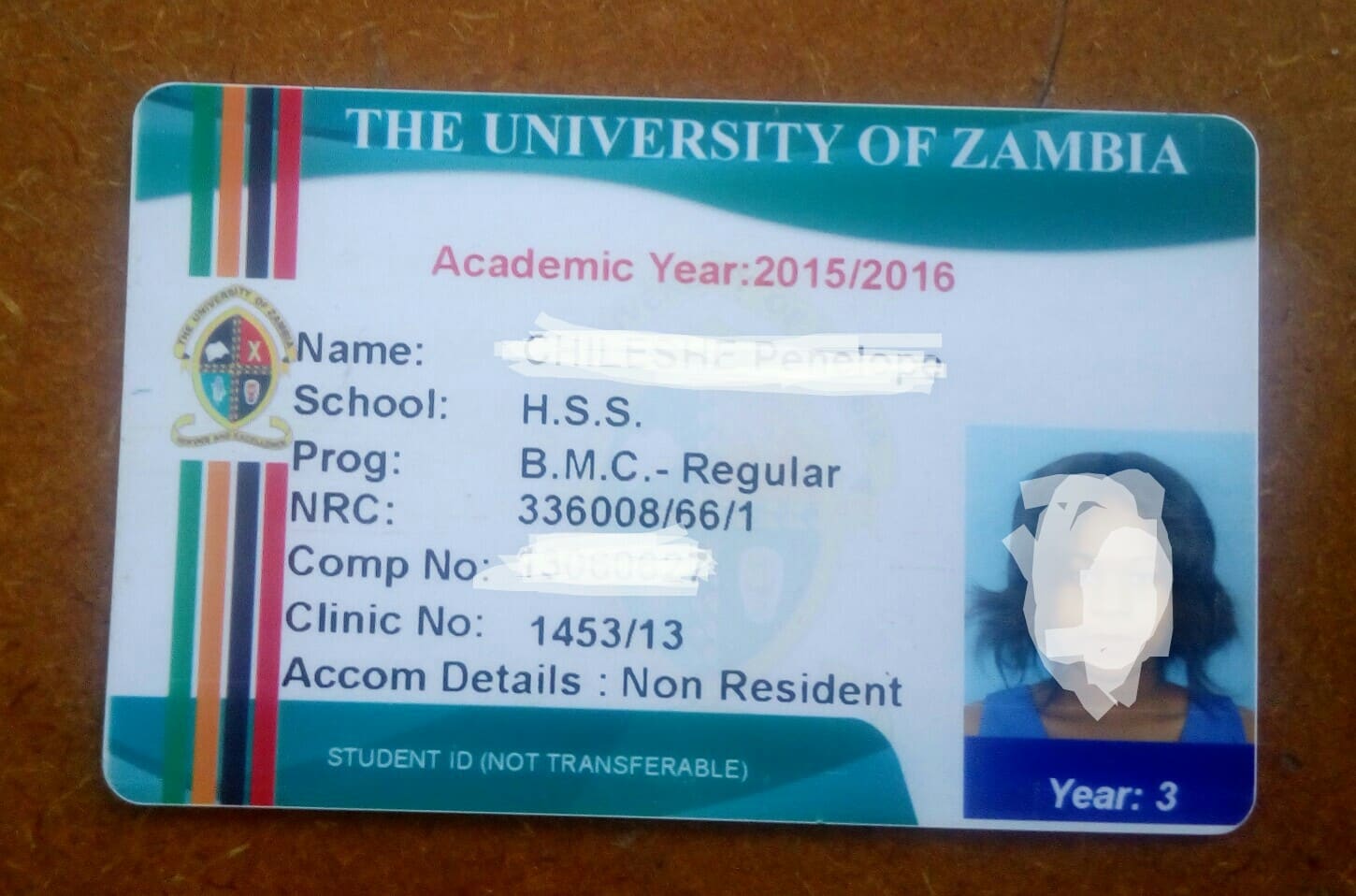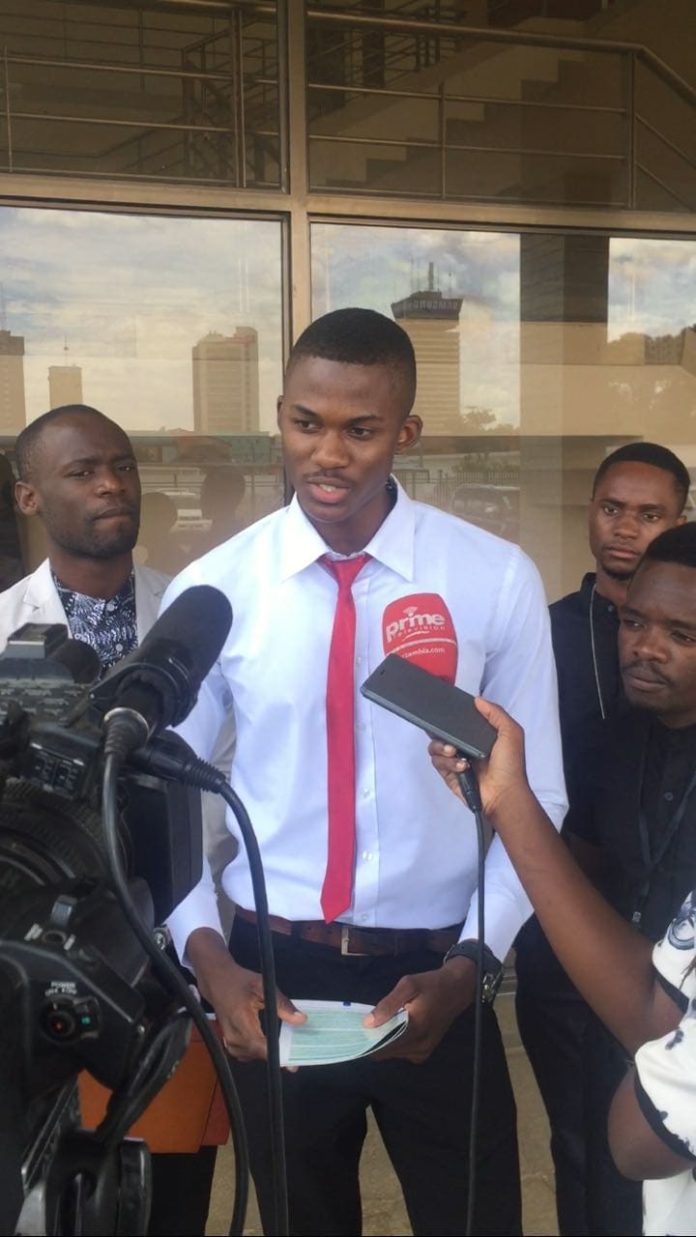The complaints were lodged, they were heard and the response was quick. Usually the acting president Piyo Ndlovu, popularly known as ‘Tolo’ only addresses the students ‘monks’ with strong words but this day was for action.
In the company of business affairs secretary Ralph Likando and a small noisy crowd audible enough to suppress the jeers from an opposing group of monks, and then the deed was done; the acting president, with immediate effect announced that the barbershops were to be closed.
Earlier in the month of January the University of Zambia students union (UNZASU) issued a communique to the barber men advising them to reduce haircut prices from ten (10) kwacha to five (5) kwacha, following complaints from students that they were being overcharged. The students union argued among other things that the barber men did not pay for electricity. However, barber men defied the directive. This lead UNZASU to move in and shut down the barbershops on the 1st February, 2017 in the old residence-The Ruins.
A second year student in the school of humanities and social sciences, Edward Sibeene said the reduction of the prices was a good move. Asked if this was what he really needed from UNZASU, Sibeene said no, citing the issue of renewing IDs every academic year at a high fee has been unfair, and also the maintenance fee which is being paid but not being put to use is also a pressing issue.
However, he said the issue of sanitation was not only to be blamed on UNZASU and management alone as students have also contributed to this, for instance, by not throwing litter in the bins dotted around the school and the hostels.
Not willing to talk at first, a third year student studying adult education, Albert Lubasi jumped into the conversation hinting all angles of the discussion. “I do not know the usage of the maintenance fee when the window panes in my room are broken,” Lubasi said. He further stated that not everyone was in support of the closure of the barbershops.
“I am unaware of the operating conditions of the barber men,” added Lubasi. He further castigated students who were opposing the closure of barbershops as just being a group of students vying for UNZASU presidency. While this was not a day for politics, Lubasi certainly had a point.
It must be noted that issues brought out by Sibeene and Lubasi are very genuine and serious. Firstly, the issue to do with renewal of IDs at a fee of eighty kwacha every year was indeed unfair, working out a mechanism of renewing IDs for free or having them show the whole duration of study surely is not rocket science. Secondly, maintenance fees are paid every year but the use of this money is still unseen. Thirdly, the issue of expensive gowns for graduates, which hits home hard for most, as it is a struggle for many to afford. One wonders then, is UNZASU deviating attention to petty issues like the closure of barbershops and avoiding the real ones?
Obviously, the UNZASU acting president had to take it up from here, in his response Piyo Ndlovu began by saying that the university is faced with many challenges which could not be addressed overnight. “Electric challenges, business exploitation by those doing businesses in university, high prices of gowns and sanitation are among the challenges,” he said. Commenting on the issue of IDs, he said that an investigation that was done reviewed that the IDs are set to be modified to new and improved standards.


Anyone who has seen the previous IDs and the current ones would notice that there is little change made. What “modification” is being referred to?
Sanitation and electrification as well are yet another issue worth looking into. The resident engineer department in collaboration with hall representatives is looking into this.
However, he (Piyo) acknowledged that some issues like the IDs and gown fees were policies that his administration inherited from their predecessors, and his executive is doing their best in handling them.
“Students have to come on board to support us” remarked Ndlovu as he questioned some levels of analysis of students who only criticize the union without appreciating some of its successes. Meanwhile he disclosed that barbershops were now open and haircut prices were between six (6)) and seven (7) kwacha.
Indeed the university is faced with more challenges which are too numerous to mention and as such a serious steadfast approach must be reciprocated if these issues are to be addressed. This requires a consolidated effort from all stakeholders involved; students, UNZASU and management. Nevertheless, for how long is the university going to keep up with these never-ending problems? Well, only time will tell.

